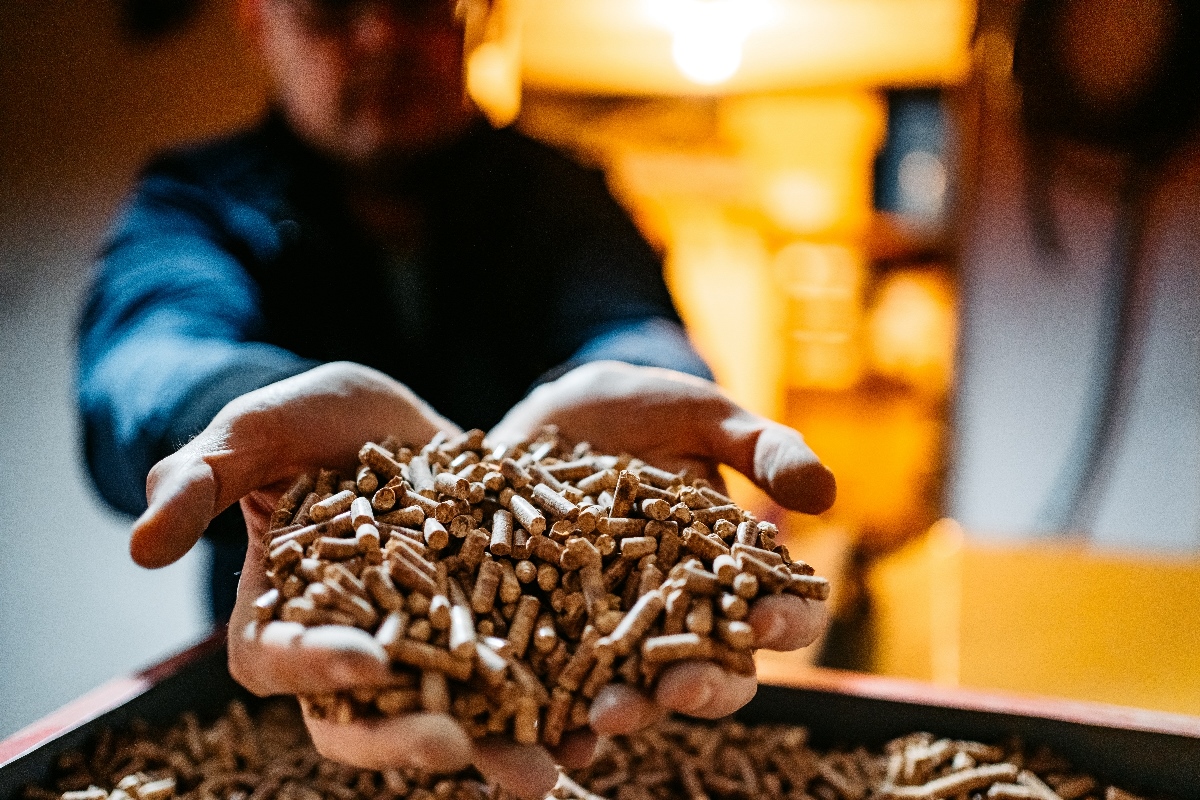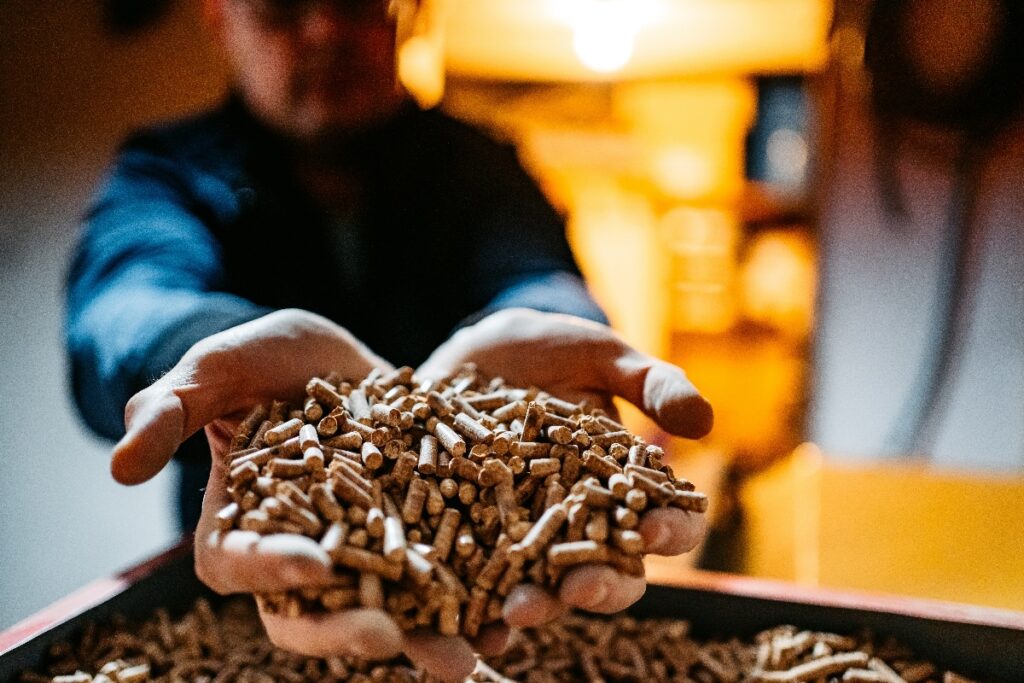
In recent years, there has been a growing interest in renewable energy sources, and biomass boilers have gained popularity as a sustainable and eco-friendly heating solution. Using organic materials such as wood pellets, wood chips, or agricultural waste, biomass boilers offer an alternative to traditional fossil fuel-based heating systems. Read on to learn everything you need to know about biomass boilers.
What is a biomass boiler?
A biomass boiler is a heating system that uses organic materials, known as biomass fuel, to generate heat and hot water. These boilers work by burning biomass fuel in a combustion chamber, which then transfers the heat to a heat exchanger. The heat is then distributed throughout the building via radiators, underfloor heating, or a combination of both.
Benefits of biomass boilers
Biomass boilers offer several advantages over traditional heating systems:
- Biomass fuel is derived from organic waste products, making it a renewable energy source. Unlike fossil fuels, biomass fuel reduces greenhouse gas emissions and contributes to a more sustainable energy future.
- Biomass fuel tends to be more cost-effective compared to fossil fuels, offering potential savings on heating bills. The availability of biomass fuel also allows for local sourcing, reducing transportation costs.
- By using biomass boilers, homeowners and businesses can reduce their reliance on fossil fuel imports, promoting energy independence and sustainability.
- While biomass fuel releases carbon dioxide during combustion, the carbon emitted is roughly equivalent to the amount absorbed by the organic material during growth. This makes biomass boilers a carbon-neutral heating option.
Choosing the right biomass boiler
When selecting a biomass boiler, you will need to determine the most suitable biomass fuel for your needs, such as wood pellets, wood chips, or agricultural waste – this means taking into account factors like availability, cost, and energy content. You should also assess the heating requirements of your property to determine the appropriate boiler size. Oversized or undersized boilers can lead to inefficiencies and increased fuel consumption. It’s worth looking for biomass boilers with high energy efficiency ratings and low emissions – this ensures optimal performance and compliance with environmental regulations.
Installation and maintenance tips
Professional installation is important for the safe and efficient operation of a biomass boiler. This means you should work with a qualified installer who is experienced in biomass heating systems. Regular maintenance is also essential to ensure the longevity and performance of the boiler. This includes cleaning the combustion chamber, inspecting and cleaning the heat exchanger, and checking and replacing any worn-out parts.
Here at Ian Hobbs Technical Services Ltd, we offer a range of heating solutions – including biomass boilers. To find out more about what we provide, get in touch with one of our commercial electrical contractors today.

 01761 414 356
01761 414 356



